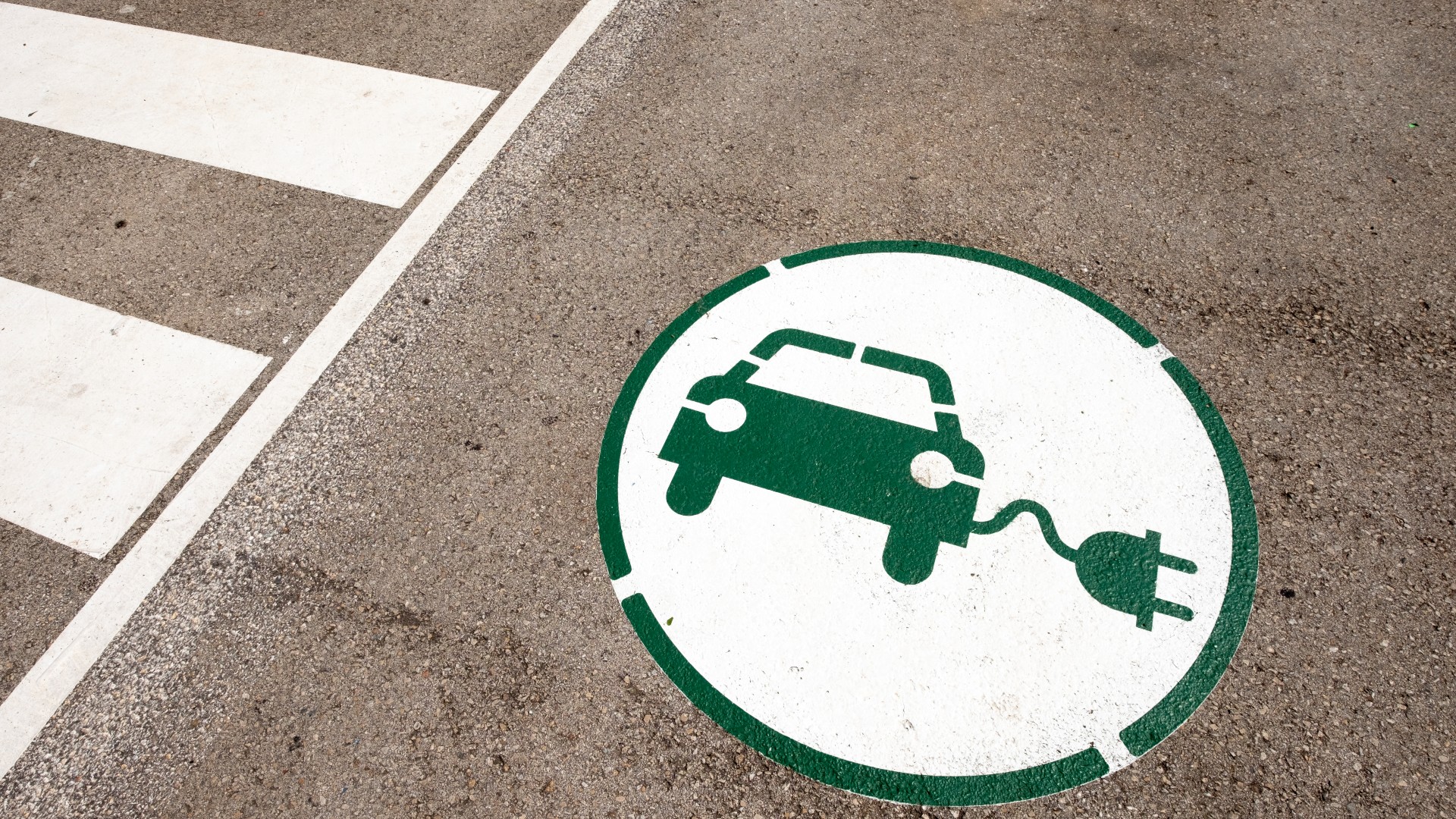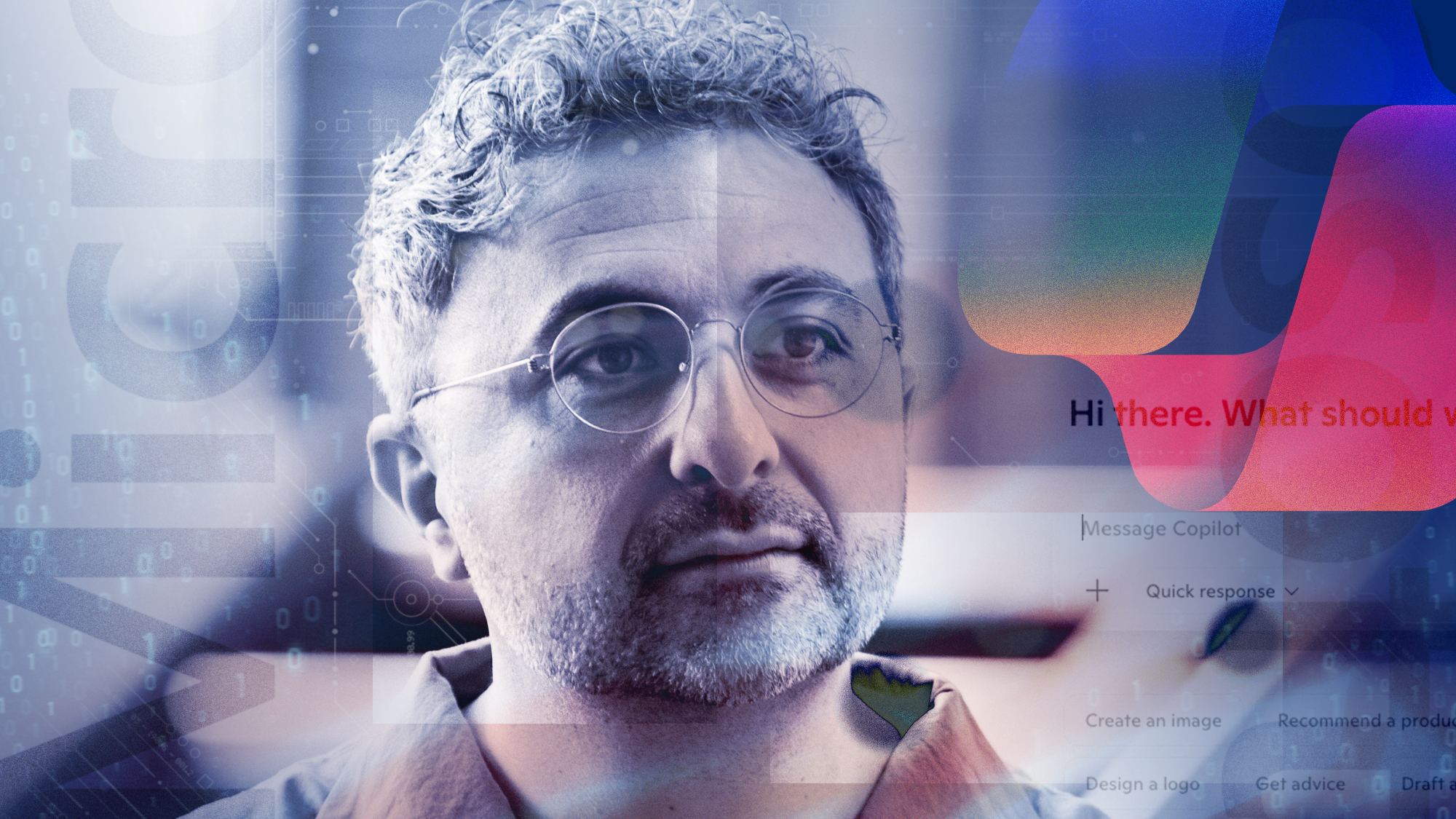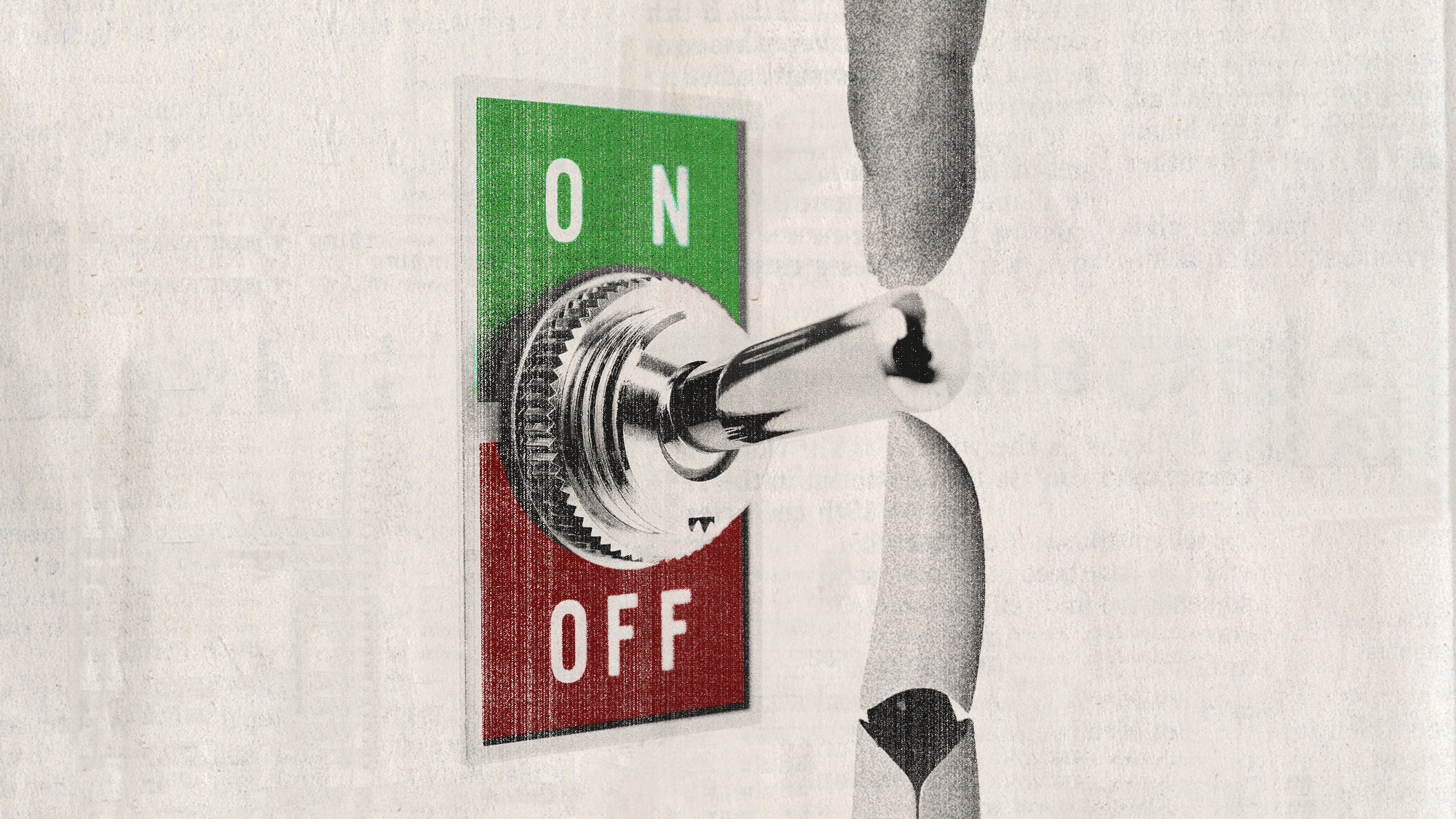Detroit debuts America's first wireless charging road for electric vehicles
The Motor City is trying to stay at the forefront of automotive innovation


A free daily email with the biggest news stories of the day – and the best features from TheWeek.com
You are now subscribed
Your newsletter sign-up was successful
Detroit recently celebrated another milestone in automotive innovation by installing the nation's first electrified wireless-charging public roadway for electric vehicles. The Michigan Department of Transportation (MDOT) and the city of Detroit opened the segment of 14th Street in Detroit's Michigan Central as a "mobility innovation district," per Axios. The roadway will enable EVs to charge their vehicles without stopping to plug them in.
Detroit has a reputation "around the world as the leader in transportation innovation," said Detroit Mayor Mike Duggan, according to a press release. Thanks to an initiative launched by Michigan Governor Gretchen Whitmer, the city "can add the nation's first wireless-charging public roadway to that list of innovations."
Paving the way for a 'zero-emission mobility future'
Gov. Whitmer announced the pilot initiative to develop America's first wireless charging infrastructure on a public road in September 2021, Detroit News reported. She reportedly said that the state will "electrify the d--- roads" in a prerecorded video. The city will use the quarter-mile stretch of road to test out and perfect the wireless-charging technology Electreon installed in a "real-world environment" before the technology becomes publicly available in the following years, per Axios. In 2024, Michigan will seek bids to rebuild part of US-12 (Michigan Avenue), where the city plans to install more inductive charging on another three-quarter-mile stretch.
The Week
Escape your echo chamber. Get the facts behind the news, plus analysis from multiple perspectives.

Sign up for The Week's Free Newsletters
From our morning news briefing to a weekly Good News Newsletter, get the best of The Week delivered directly to your inbox.
From our morning news briefing to a weekly Good News Newsletter, get the best of The Week delivered directly to your inbox.
Electreon and the Michigan Department of Transportation (MDOT) made a five-year commitment to create the electric road system. Electreon is an Israel-based developer of wireless charging for EVs, one of more than 60 tech and mobility startups participating in Detroit Newlab, "an innovation hub anchored by the once-dilapidated Michigan Central train station currently under renovation by Ford," Axios explained. The company is already testing its wireless charging tech in several cities in Europe, Israel and China.
"Alongside Michigan's automotive expertise, we'll demonstrate how wireless charging unlocks widespread EV adoption, addressing limited range, grid limitations and battery size and costs," said Dr. Stefan Tongur, Electreon's vice president of business development. The initiative "paves the way for a zero-emission mobility future," Tongue mused, "where EVs are the norm, not the exception."
A potential catalyst for widespread EV acceptance
The work to complete the 14th Street experiment is expected to continue through the end of 2023, and testing is set to begin in early 2024, per the press release. Staff will use a Ford E-Transit electric commercial van equipped with the Electreon receiver to test the efficiency and operation of the vehicle "and study potential long-term public transportation opportunities."
Tongur suggested stoplights or bus stops as locations perfect for the technology. "That's because the tech requires each car to stay above the coils to actually charge," Car and Driver explained. If Electreon installed chargers at intersections where cars are stationary for long periods of time, "they can get more bang for their buck than if they install them along highways."
A free daily email with the biggest news stories of the day – and the best features from TheWeek.com
These electrified roadways could be "the catalyst to accelerate interest and acceptance of EVs for all consumers," said MDOT Director Bradley C. Wieferich. Making a reliable charging source widely available for EV users "without disrupting their commute supports both fleet operations and passenger travel," he added, noting that the initiatives are "leading us toward a more sustainable future with fewer emissions."
However promising the initiative might be, "there are some caveats in this technological rise for Detroiters," Emmet White wrote for Auto Week. The wireless charging technology needs a lot of setup before the average EV can use it: EV owners must install an Electreon receiver on their cars to trigger the inductive charging coils below the road surface. The estimated cost to install the receiver starts around $3,500, though Electreon aims to eventually cut those costs to around $1,500. "If buying an EV wasn't expensive enough, adding this receiver may only be worthwhile for a few localized owners, at least for now," White said.
Electron and MDOT have not specified how much energy will be available, and it is unclear if "this public charging infrastructure will be free for use," he noted. And while some are excited about introducing electrified roads into the U.S. market, "it's worth remembering just how far the industry as a whole will have to move to make roadway charging effective."
Theara Coleman has worked as a staff writer at The Week since September 2022. She frequently writes about technology, education, literature and general news. She was previously a contributing writer and assistant editor at Honeysuckle Magazine, where she covered racial politics and cannabis industry news.
-
 Local elections 2026: where are they and who is expected to win?
Local elections 2026: where are they and who is expected to win?The Explainer Labour is braced for heavy losses and U-turn on postponing some council elections hasn’t helped the party’s prospects
-
 6 of the world’s most accessible destinations
6 of the world’s most accessible destinationsThe Week Recommends Experience all of Berlin, Singapore and Sydney
-
 How the FCC’s ‘equal time’ rule works
How the FCC’s ‘equal time’ rule worksIn the Spotlight The law is at the heart of the Colbert-CBS conflict
-
 Data centers could soon be orbiting in space
Data centers could soon be orbiting in spaceUnder the radar The AI revolution is going cosmic
-
 AI griefbots create a computerized afterlife
AI griefbots create a computerized afterlifeUnder the Radar Some say the machines help people mourn; others are skeptical
-
 Inside a Black community’s fight against Elon Musk’s supercomputer
Inside a Black community’s fight against Elon Musk’s supercomputerUnder the radar Pollution from Colossal looms over a small Southern town, potentially exacerbating health concerns
-
 Spiralism is the new cult AI users are falling into
Spiralism is the new cult AI users are falling intoUnder the radar Technology is taking a turn
-
 Microsoft pursues digital intelligence ‘aligned to human values’ in shift from OpenAI
Microsoft pursues digital intelligence ‘aligned to human values’ in shift from OpenAIUNDER THE RADAR The iconic tech giant is jumping into the AI game with a bold new initiative designed to place people first in the search for digital intelligence
-
 AI models may be developing a ‘survival drive’
AI models may be developing a ‘survival drive’Under the radar Chatbots are refusing to shut down
-
 Saudi Arabia could become an AI focal point
Saudi Arabia could become an AI focal pointUnder the Radar A state-backed AI project hopes to rival China and the United States
-
 AI is making houses more expensive
AI is making houses more expensiveUnder the radar Homebuying is also made trickier by AI-generated internet listings
